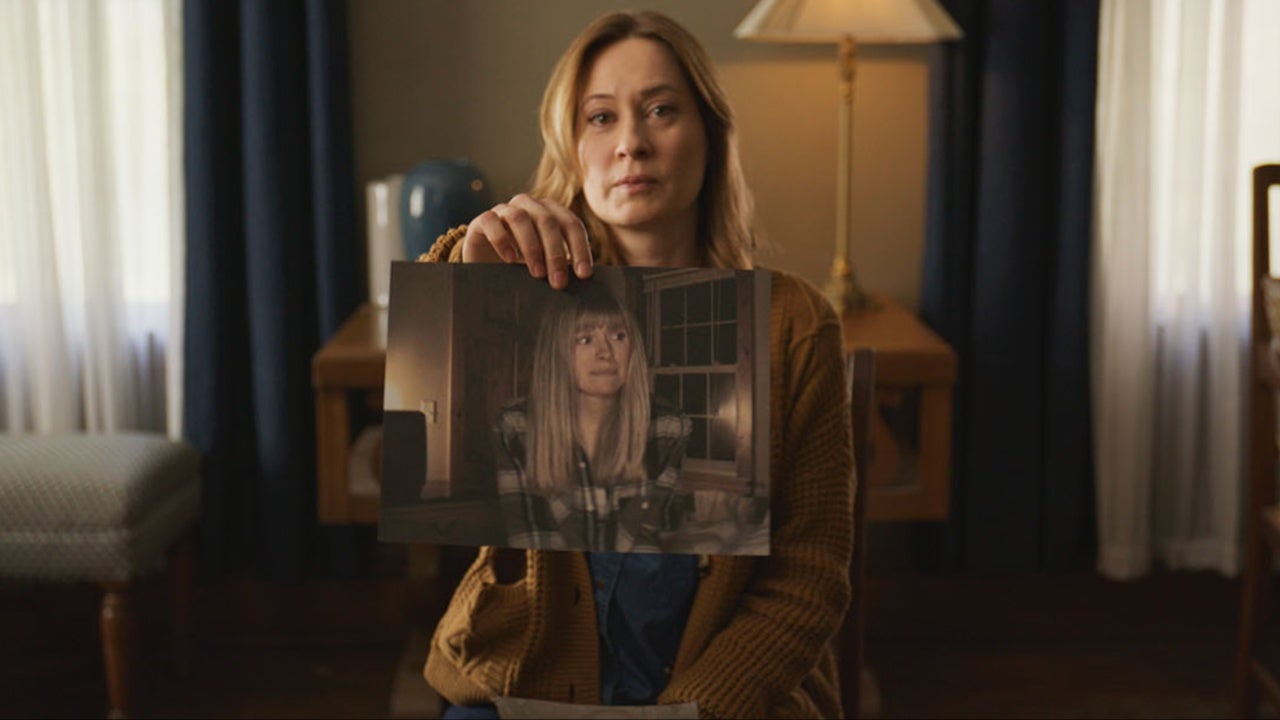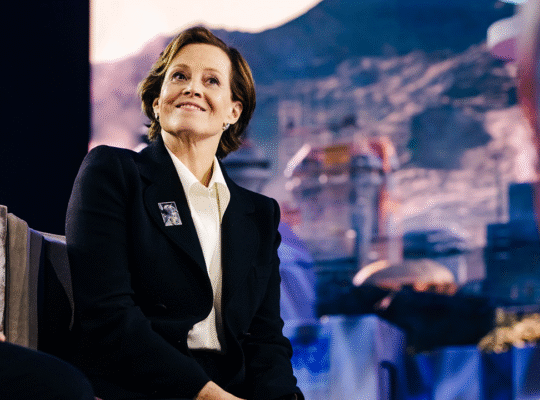Shelby Oaks will open in theaters at a date TBD. This review is based on a screening at the 2024 Fantasia International Film Festival.
YouTuber Chris Stuckmann isn’t breaking new ground by making a feature film. With his promising yet uneven feature debut, Shelby Oaks, he joins a long tradition of film critics becoming filmmakers – just looking at recent horror history, Sinister screenwriter C. Robert Cargill and Attack the Block director Joe Cornish are relevant comparisons. What sets Stuckman apart is his chosen platform, where he’s amassed over 2 million followers across 13 years (and counting – as of this writing, there’s a Twisters review at the top of his channel’s feed) of video reviews. And his online experience is evident in the way Shelby Oaks accurately evokes the spooky world of paranormal YouTubers.
Stuckmann is not a Hollywood insider: Shelby Oaks’ $1.4 million budget was raised on Kickstarter, and the film was shot and is set in the director’s home state of Ohio. That being said, it sailed into its world premiere at Fantasia on a wave of buzz. That’s thanks to executive producer Mike Flanagan and Neon, which announced a Shelby Oaks theatrical run days before the distributor’s much-hyped launch of Oz Perkins’ serial-killer shocker Longlegs. Neon is currently building a brand identity around cryptic marketing for horror movies that do creative things within genre conventions, and Shelby Oaks fits this brief.
To be totally transparent, the Neon situation makes it difficult to discuss Shelby Oaks in much depth. Before the premiere, Stuckmann implored the audience to protect the “surprises” of the film, and the distributor has asked critics to avoid revealing certain filmmaking choices along with standard “do not reveal” spoilers. Suffice to say that Stuckmann does interesting (and, yes, surprising) things with his film’s format, playing with the aesthetics of YouTube and found-footage horror with the ease of a digital native.
Specifically, Shelby Oaks dives into online ghost hunting, following the disappearance of a group called the “Paranormal Paranoiacs” during their investigation of an abandoned theme park in Darke County, Ohio. The mutilated bodies of three of the Paranoiacs – revealed in “censored” “crime scene photos,” a nod to true-crime documentaries reminiscent of Longlegs – were discovered shortly after their disappearance in 2008. The fourth, Riley Brennan (Sarah Durn), is still missing 12 years later.
In the interim, “Who Took Riley Brennan?” has become an internet catchphrase and cause celebre, much to the annoyance of local law enforcement. The framing device for Shelby Oaks revolves around Riley’s sister Mia (Camille Sullivan), who agrees to talk to a documentary crew in hopes that it will finally allow her to move on with her life. She purges spooky details – Riley’s night terrors and prophetic dreams, the occult symbols left at the scene – and builds a creepy case for why she thinks something supernatural happened to her sister. Things get more sinister from there, and all of it is “caught on camera.”
Stuckmann captures the Paranoiacs’ adventures with an eye not only for the way YouTube creators frame and edit videos, but also the details that amateur sleuths obsess over online. He zooms in on ghostly shapes barely legible in the corner of a frame, and lingers on pixelated darkness just long enough to produce feelings of panic. More conventional horror sequences also light up the right portions of the viewer’s brain, drawing on images of howling dogs, black mold, and abandoned industrial spaces that are authentic to Shelby Oaks’ Rust Belt setting.
Stuckmann has clearly studied how to construct dread and tension. (He also shows a knack for the jump scare’s wackier cousin, the balloon-bursting laugh.) For this reason, Shelby Oaks is often effective in the moment. But the bigger pictures of narrative and theme are underdeveloped. The first half of Shelby Oaks creates an intrigue that the second half just can’t sustain. Payoff is an issue here, as a tightly wrapped digital-age mystery devolves into a grab bag of contemporary horror influences. This type of movie doesn’t have to explain everything, and in fact is often better if it doesn’t. But there are too many loose ends here to ignore.
The idea of someone searching for a missing family member is also personal to Stuckmann, who says in a director’s statement that he grew up in a religious group that “shunned” members who lost their faith – including his sister. His guilt over the decade of silence between siblings that followed comes through in the single-mindedness with which Shelby Oaks sends Mia down her dark and desperate rabbit hole.
The first half of Shelby Oaks creates an intrigue that the second half just can’t sustain.
But that emotional and thematic complexity is missing in other aspects of the film. (The missed opportunity to include some nuanced thoughts about the internet alongside a faithful reproduction of its prevailing cinematic style is particularly disappointing.) There’s room to grow for Stuckmann, and as his confidence expands, hopefully he can completely fill the empty vessel of his next film. Who knows? Maybe someone else will even pay for it next time.












